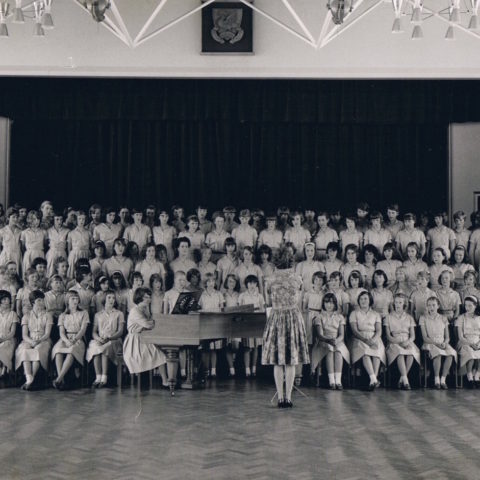The Afterword to the special issue of Women’s History Review, entitled, Turns and Twists in Histories of Women’s Education, which I co-edited with Sue Anderson-Faithful discusses continuities and differences in how researchers are positioned in feminist themes and emerging feminist perspectives as they play out in debates around researcher reflexivity and diffraction as methodological strategies. The first section of the Afterword highlights the ongoing commitment to reflexivity when generating knowledge in women?s and gender history. The second part focuses on the challenge to reflexivity posed by diffractive methodologies that argue that knowledge is created from being entangled in the world, rather than reflecting on or during the production of historical work. This section discusses two examples of diffractive practice in archival research taken from the special issue. The third section outlines diffractive reading in more detail and provides two examples of diffractive reading of texts. Finally, the Afterword invites readers to undertake a diffractive reading of the articles in the special issue and provides some questions about diffraction for consideration.
Anderson-Faithful, Sue, and Joyce Goodman. “Afterword: Turning and Twisting Histories of Women’s Education: Reading Reflexively and Diffractively.” Women’s History Review 29, no. 3 (2019): 480-94.
